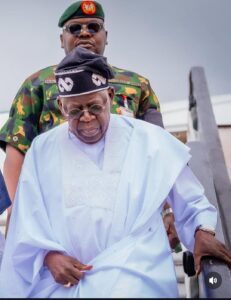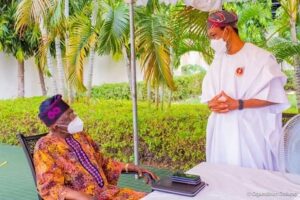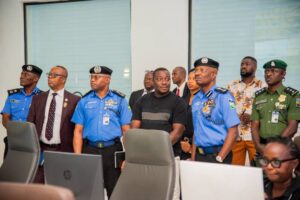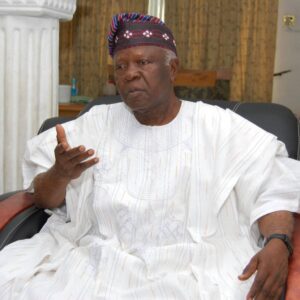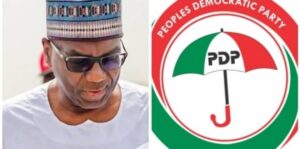UNWRAPPING GBENGA OLAWEPO-HASHIM SERIES – (1) BY OLUWASEGUN ABIFARIN
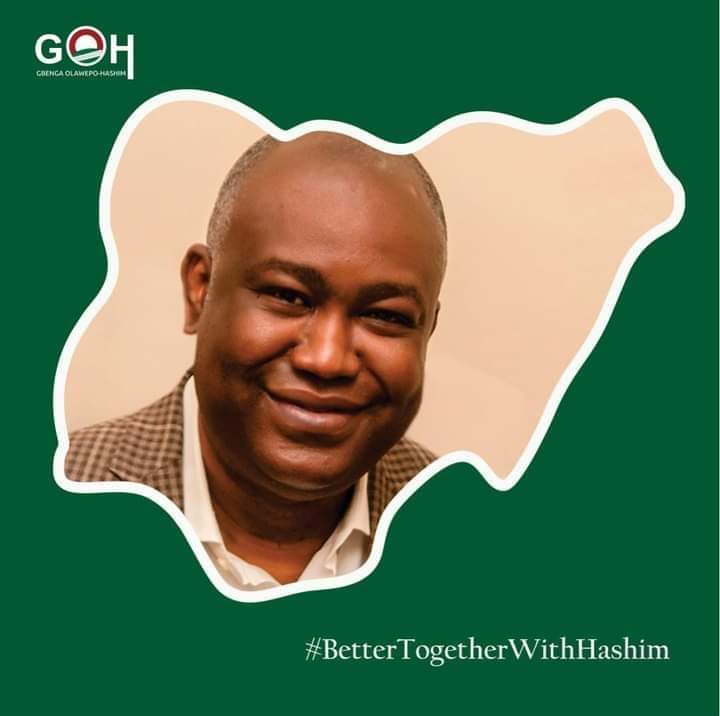
The name Olawepo first made the headlines when as an anti-apartheid activist, he and three other students’ leaders of the University of Lagos were clamped into the over-crowded Nigeria Police cell in April 1989 after an anti-apartheid protest. The military regime that was growing increasingly repressive and intolerant of freedom of expression in Nigeria then ordered the detention of the student activist.
The Education Editor of Guardian Express – Joe Idika- published an exclusive report on the plight of the quartet -Olawepo, Oyerinde, Akhaine and Ewebiyi- in what was an exposé on the deplorable condition under which detainees are held in the Nigerian Police facilities. The report was also a story of the extraordinary courage of the quartet displayed during the visit of Mrs.Thatcher over her government’s pro-apartheid policy, which the student-labour protest was all about.
Early years
Olawepo was born in Yelwa, Yauri, present Kebbi State located in Northern Nigeria, on 28 June 1965. Olawepo started exhibiting leadership qualities in the high school. In 1984, he was elected President of the Dramatic Society and later appointed Health Prefect at the Cherubim and Seraphim College, Ilorin. In 1986 at Kwara College of Technology, he was elected General-Secretary of the Youth Solidarity on Southern Africa in Nigeria (YUSSAN) and was active in the anti-apartheid movement.
He organised film shows, signature collection to mobilise local and international support against the apartheid regime in South Africa and solidarity support for the courses of the people of Angola, Mozambique and Namibia. He was a member of the Local Organising Committee of the ‘’Massive Freedom at 70 Nelson Mandela Concert’’ held at the University Lagos Nigeria. His involvement in the radical movement became deepened when he was elected Public Relations Officer of the National Association of Nigerian Students (NANS) in July 1988. This was at a time when the student organisation was defying its ban by the military government.
As the spokesperson of the Nigerian student body he was at the frontline of confrontation with the military authorities. He spoke about “freedom of association being inalienable and which no military decree can take away,” he spoke of the people’s right to education and campaigned for return to democratic rule via the constitution of a democratically elected constituent assembly.
To be continued
ABIFARIN IS A JOURNALIST & PUBLISHER OF NEWSROOM NIGERIA (www.newsroomnigeria.com)

